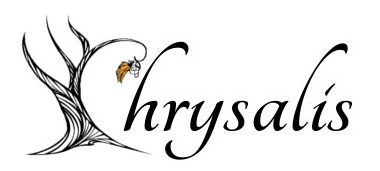It’s not that my writing is fine;
In fact, in bad lighting
I can’t read it myself.
But I always supposed that my grandchildren’s
children, discovering my journal,
and, of course, my old diary–
slick, gold-leafed,
rich as a relic itself—
would conjure a view of that rascally
genius, the writer they’d figure
greatgrandpa must have been.
But now I read (on-line,
of course, in letters more ghostly
than real) that children no longer
need lessons in script–
else what’s a keyboard for?
Child of my child of my child,
removed from my scribbles two ages
and more, what will you make
of these strange and irregular marks,
full of curves and crosses, loops
and odd lines? How connect them with meaning,
with authorship, thoughts, in a time
when even the keyboard is gone,
and words undergo a magical
passage from thoughts to obliging Machine?
These were made by greatgrandpa the painter,
she’ll guess, and she’ll copy the drawings
on walls and on clothes. Perhaps she can
copyright them, start a new business—
reproductions will sell for big bucks.
But my question for you, future spawn,
bereft of this older, and tactile
connection of mind to meaning, is
this: it may be art, but
how can you make it a poem?
Steve Broidy is Emeritus Professor of Education at both Missouri State University and Wittenberg University. His research focuses on, among other things, topics in philosophy of language. His poetry has appeared in The Midwest Quarterly, The Resurrectionist, The Moon Magazine, Dark Matter, Allegro Poetry Magazine, and Amethyst.
